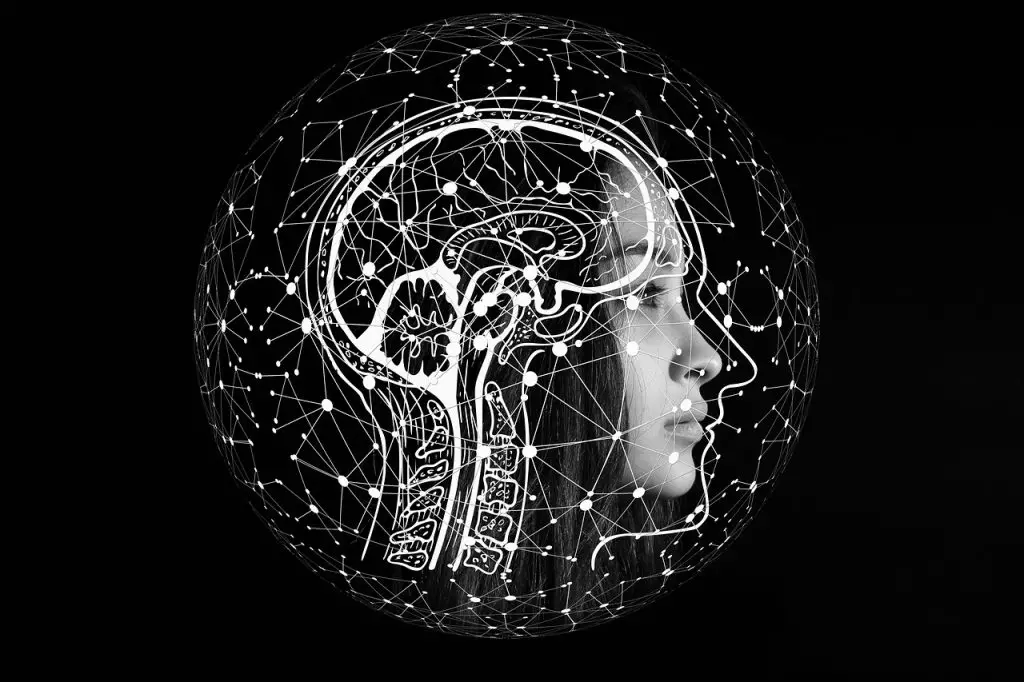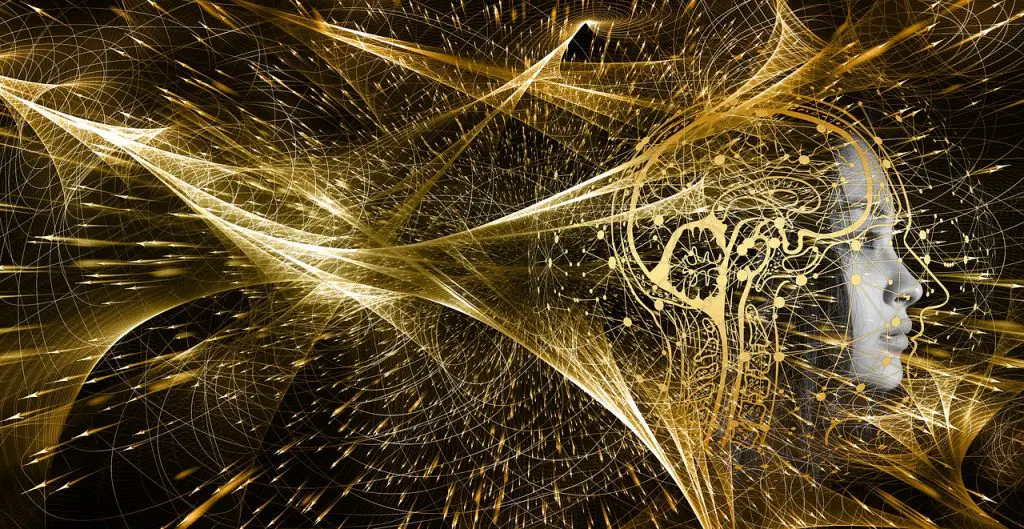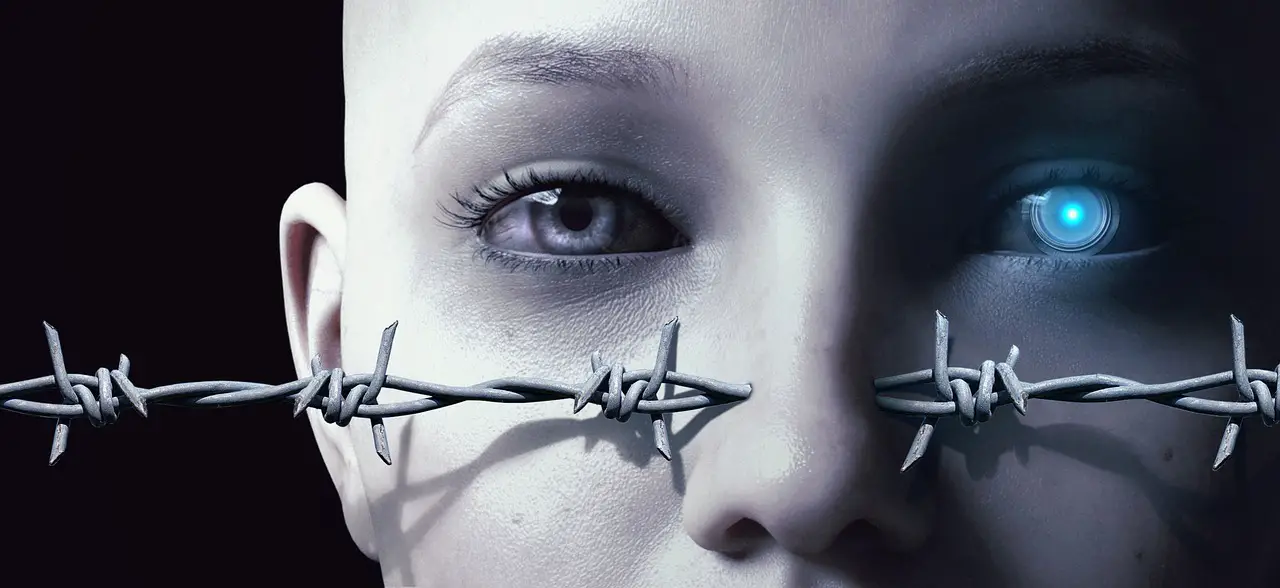Artificial intelligence is often thought of as a panacea for all sorts of problems. But there are some things that AI simply cannot do. Here are four examples:
- AI cannot create new knowledge. It can only work with the knowledge it has been given. This means that AI is limited by the quality and quantity of data it has to work with.
- AI cannot reason like a human being. It can only perform logical operations on the data it has been given. This means that AI is not capable of truly creative thinking or intuition.
- AI cannot make ethical decisions. It can only operate within the parameters set by its programmers. This means that AI is not capable of making morally complex decisions or understanding the full implications of its actions.
- AI cannot replace human beings entirely.
- Understand human emotions
10 Jobs Artificial Intelligence Can’t Take Away From Humans
What is Artificial Intelligence
Artificial intelligence is a branch of computer science that deals with the creation of intelligent machines that can work and react like humans. It is also concerned with making computers think like humans, and be able to learn, reason, and make decisions just like them.
What are the Limitations of Artificial Intelligence
There is no single answer to this question as the limitations of artificial intelligence (AI) depend on the specific technology involved. However, some general limitations of AI include its inability to match or exceed human-level intelligence and performance, its lack of emotion or common sense, and its potential for misuse. Additionally, AI technologies are often opaque in how they work, making it difficult for people to understand why a particular decision was made.
This can lead to issues of trust and accountability.
What are Some Things That Artificial Intelligence Cannot Do
There are many things that artificial intelligence (AI) cannot do. However, AI researchers are making progress on some of these fronts. Here are a few examples:
1. AI cannot understand human emotions or intentions. This is a difficult problem because emotions and intentions are often not explicitly stated but must be inferred from context and behavior. As a result, AI systems often fail to recognize when humans are joking or being sarcastic.
They also have difficulty understanding metaphors and other forms of figurative language.
2. AI cannot create new knowledge as humans can. Although AI systems can learn from data, they cannot generate new insights or ideas the way humans can.
For example, an AI system might be able to learn that a certain type of animal is usually found in Africa, but it would not be able to come up with the idea that Africa is a continent without being told this information first.
3. AI cannot solve all problems on its own; it still requires human input at various stages of problem-solving.
In general, AI excels at narrow tasks that have well-defined goals but struggles with more open-ended tasks where the desired outcome is unclear.
Goal Or Feature of Ai?
One of the most frequently asked questions about artificial intelligence (AI) is “what are its goals or features?” The answer, unfortunately, is not always simple. There are a number of different interpretations of AI’s goals and features, and no single definition that everyone agrees on.
That said, there are some common themes that tend to crop up in many definitions of AI. For example, many people believe that AI should be able to effectively solve problems and make decisions. Other common goals include learning and understanding language, as well as being able to interact with humans in a natural way.
However, not all of these things are universally agreed upon as goals or features of AI. In fact, some people believe that AI should not be designed to interact with humans at all! So which of the following is NOT a goal or feature of AI?
The answer may surprise you: it turns out that there is no consensus on this matter! While some people would say that human interaction is definitely a goal or feature of AI, others would argue just as strongly that it is not. Ultimately, it depends on your own personal definition of what you think AI should be capable of.

What Can Ai Do That Humans Can’T
The advancement of artificial intelligence (Ai) technology has led to many questions about what Ai can do that human can’t. In some cases, it seems like Ai can do anything better than humans. For example, Google’s AlphaGo beat a world champion at the game Go, which is considered to be one of the most complex board games.
However, there are still many things that Ai cannot do better than humans. Here are some examples:
1. Understanding context and nuance
2. Generating new ideas
3. Making ethical decisions
What Problems Can Ai Not Solve
There’s no doubt that artificial intelligence (A.I.) is becoming more and more prevalent in our society. We’re seeing A.I.-powered products and services popping up all over the place, from smart speakers to self-driving cars. And while A.I. has the potential to revolutionize many industries, there are still some things that it simply can’t do.
Here are four problems that A.I. can’t solve:
1) Understanding Context One of the biggest challenges for A.I. is understanding context.
This is because A.I.-powered systems rely on algorithms to make decisions, and algorithms are very good at processing data but not so good at understanding nuance and subtlety. This can lead to problems when an A.I.-powered system tries to interpret something without understanding the context in which it was said or done – for example, a voice assistant might mishear a command if there’s background noise or if the person speaking has an accent that the system isn’t programmed to understand.
2) Making Ethical Decisions
Present Status of Ai Existence
Ai exists in recent years, there has been a lot of talk about artificial intelligence (A.I.). Some people believe that A.I. is already a reality, while others think it’s still in the early stages of development.
So, does A.I. exist? There is no easy answer to this question because it depends on how you define “artificial intelligence.” If you narrow the definition to machines that can perform human-like tasks, such as understanding natural language and recognizing faces, then A.I. definitely exists.
However, if you consider A.I. to be machines that are capable of true human-level intelligence – including things like consciousness and creativity – then the answer is less clear. So far, machines have not shown any signs of true human-level intelligence, but this doesn’t mean that they never will. In fact, many experts believe that we will eventually create intelligent machines that exceed our own abilities in every way imaginable.
It’s impossible to say for sure when or if this will happen, but it’s certainly an exciting prospect!
How is Ai Going to Change the Way We Work
In the near future, artificial intelligence (Ai) is going to change the way we work. Here are three ways Ai will impact the workforce:
1. Ai will automate many tasks that are currently done by human workers.
For example, algorithms can now do things like write articles and create social media posts. This means that businesses will need fewer human employees to do these kinds of tasks.
2. Ai will also enable new types of jobs to be created.
For example, businesses will need employees to manage and train their AIs. They’ll also need people to interpret the data that AIs produce. So even though some jobs may be automated away, others will be created in its place.
3. Finally, Ai will change the way we work by making us more efficient and productive. For instance, AIs can help us make better decisions by analyzing data faster than humans can.

What Can Ai Do Better Than Humans
Ai, or artificial intelligence, has the ability to process and interpret vast amounts of data much faster than humans. This makes it an invaluable tool for businesses and organizations that need to make decisions based on large amounts of information. Additionally, ai can recognize patterns and trends that humans might miss.
There are many things that ai can do better than humans. For instance, ai can help you sort through massive amounts of data to find the needle in the haystack. It can also help you identify patterns and trends that you might not be able to see on your own.
Additionally, ai can make decisions faster than humans because it doesn’t have to second-guess itself or worry about public opinion.
That being said, there are some things that ai will never be able to do as well as humans. For example, ai cannot experience emotions like humans can.
This means that they are not able to empathize with people or understand the nuances of human interactions. Additionally, ai is not creative in the same way that humans are. They may be able to come up with ideas or solutions that we would never think of, but they will never be able to create something from nothing in the way that humans can.
What is Not AI – Misconception of AI
When people think of artificial intelligence (Ai), they often think of Hollywood A.I. like the voice of Siri in the iPhone, or the computer-generated imagery (CGI) in movies like The Terminator. But Ai is not just Hollywood fantasy; it’s a real and growing field of computer science with the potential to revolutionize our world. At its core, Ai is about designing computers that can do things that ordinarily require human intelligence, such as understanding natural language and recognizing objects.
This may sound like a tall order, but significant progress has been made in recent years thanks to advances in machine learning, a subfield of Ai that deals with teaching computers how to learn from data. Despite all the excitement around Ai, it’s important to remember that current AI technology is still far from perfect. In particular, there are three common misconceptions about AI that it’s important to dispel:
Misconception #1: AI is all about creating intelligent machines that think and act like humans. This is perhaps the most common misconception about AI. While it’s true that one goal of AI is to build machines that exhibit human-like behavior, this does not mean that every AI system must be designed to replicate human intelligence exactly.
In fact, many successful AI applications today have nothing to do with building human-like machines; instead, they focus on leveraging machine learning algorithms to solve specific tasks better than any human could (e.g., Google search).
Misconception #2: All AI systems are powered by superintelligent algorithms that can figure things out for themselves. Another popular misconception about AI is that all successful systems must be based on so-called “superintelligent” algorithms – i.e., algorithms that can automatically figure out solutions to problems without any help from humans.
While there has been some recent success in developing these kinds of automated methods (e.g., AlphaGo), they are still very much in their infancy and far from being widely used in practice.
Conclusion
In his blog post, we have discussed what artificial intelligence (AI) cannot do. We included that AI is often misunderstood and its capabilities are often overestimated. And we found that AI cannot yet replicate human beings’ general intelligence, creativity, or common sense.
Additionally, AI cannot make ethical decisions and it is not good at dealing with unstructured data. However, despite its limitations, AI has great potential and it can help humans to solve difficult problems and achieve amazing things.


